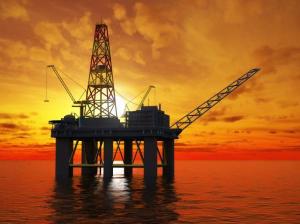As we are looking for solutions to climate change causing serious environmental problems throughout the world, so are democratic world leaders suggesting and recommending to some of their peers to do away with their autocratic and despotic government that is only making poor people more destitute.
Poverty and climate change – these are now the two menacing factors causing world dishevel. In most respects, they are intertwined, and the many affected are those in the third world and developing countries.
Recent events in Tunisia and Egypt, where people power succeeded in toppling their despotic leaders who have been in power for decades, have been set off by food shortages, unemployment and poverty.
While climate change may have impacted on food shortages, it was corruption, unconcern and the inept governments of Zine El Abidine Ben Ali and Hosni Mubarak that put the struggling people of Tunisia and Egypt over the top.
“In many Middle Eastern and North African countries, you have a cocktail of politics, religion and other things, but often it’s just poor people saying ‘I’ve got to survive, I’ve got to eat, I’ve got to feed my family’ that ignites things,” explained Michigan State University professor Ewen Todd.
Ignite it does for it is happening now also in Libya, Bahrain and Yemen, for the same reasons.
What the downfall of tyrants does – even in already stable country like the Philippines, where people power originated when it drove Marcos to exile – is that it creates what it is called now as “environmental refugees.”
Partly caused by nature and partly by greed, neglect and incompetence of man, “environmental refugees” are people fleeing from their own country in search of food security and better lives.
As early as 2001, Norman Myers of Oxford University was already talking and predicting about the new phenomenon called “environmental refugees.”
“These are people who can no longer gain a secure livelihood in their homelands because of drought, soil erosion, desertification, deforestation and other environmental problems, together with the associated problems of population pressures and profound poverty. In their desperation, these people feel they have no alternative but to seek sanctuary elsewhere, however hazardous the attempt,” Myers wrote in a journal of Britain’s Royal Society.
At the recent annual meeting of the American Association for the Advancement of Science (AAAS), University of California, Los Angeles professor Cristina Tirado had this to say: “In 2020, the UN has projected that we will have 50 million environmental refugees. When people are not living in sustainable conditions, they migrate.”
Tirado’s statement simply confirms what is starting to happen now.

